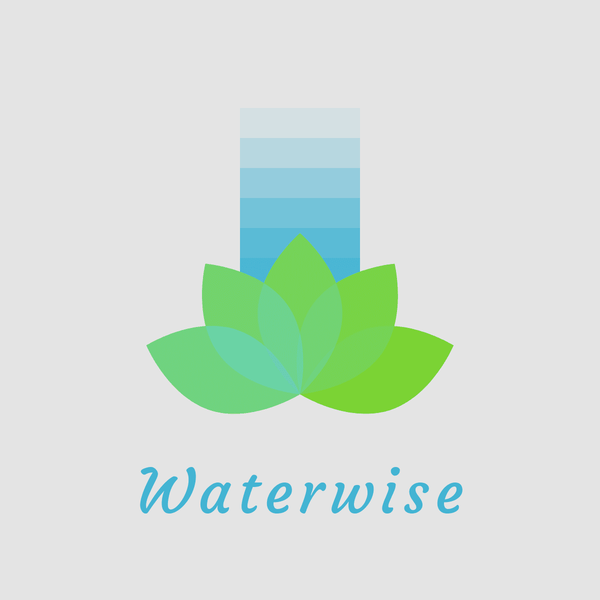Introduction:
Hard water, characterized by high mineral content, can have more than just an impact on your home's appliances and your daily routine—it also takes a toll on the environment. In this blog post, we will explore the environmental consequences of hard water and delve into how hard water filters emerge as eco-friendly heroes, mitigating the negative effects and contributing to a sustainable future.
The Environmental Toll of Hard Water:
1. Excessive Energy Consumption:
- Hard water can lead to mineral buildup in appliances, such as water heaters and dishwashers. This buildup forces these appliances to work harder, consuming more energy and contributing to increased carbon emissions.
2. Premature Appliance Failure:
- The minerals in hard water can accumulate in pipes and appliances, reducing their efficiency and lifespan. This often results in more frequent replacements, leading to additional waste in landfills.
3. Chemical Overuse:
- To combat the effects of hard water, many households turn to harsh chemical cleaners. The disposal of these chemicals into water systems can harm aquatic life and disrupt ecosystems.
4. Water Scarcity Concerns:
- The increased need for water due to inefficient appliances and water-wasting habits exacerbated by hard water issues can contribute to water scarcity problems in certain regions.
How Hard Water Filters Can Make a Difference:
1. Reduced Appliance Strain:
- By installing a hard water filter, you can prevent mineral buildup in appliances, reducing the need for frequent repairs or replacements. This, in turn, extends the lifespan of your appliances and decreases the environmental impact of manufacturing and disposing of new ones.
2. Energy Efficiency Improvement:
- Softening water through filtration reduces the energy consumption of water heaters and other appliances, promoting energy efficiency and lowering carbon footprints.
3. Decreased Chemical Dependency:
- Hard water filters eliminate the need for harsh chemical cleaners by preventing mineral deposits. This shift towards a more sustainable cleaning approach benefits both your home and the environment.
4. Water Conservation:
- Softened water encourages more efficient water use, as it requires less detergent and reduces the need for extended rinsing. This contributes to water conservation efforts, addressing concerns related to water scarcity.
Conclusion:
Hard water might seem like a minor inconvenience, but its environmental impact is far-reaching. By choosing to install a hard water filter, you not only protect your appliances and improve the quality of your water but also become a responsible steward of the environment. In the journey towards a more sustainable future, these small changes can collectively make a significant positive impact on our planet. Embrace the role of a guardian of the Earth and let your choice of a hard water filter reflect your commitment to environmental well-being.
Water First has a host of solutions for scalable water softeners that will help reduce your carbon footprint. Explore and buy online today : https://mywaterwise.com/

